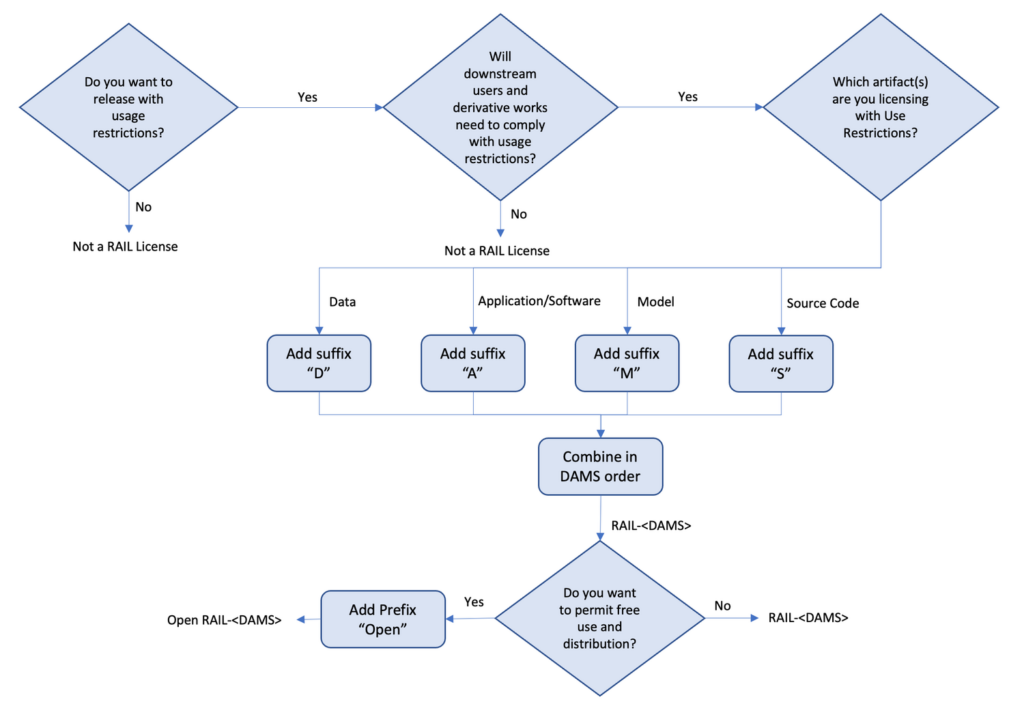Paper by Susan Ariel Aaronson: “In 2021, the United Nations Development Program issued a plea in their 2021 Digital Economy Report. “ Global data-sharing can help address major global development challenges such as poverty, health, hunger and climate change. …Without global cooperation on data and information, research to develop the vaccine and actions to tackle the impact of the pandemic would have been a much more difficult task. Thus, in the same way as some data can be public goods, there is a case for some data to be considered as global public goods, which need to be addressed and provided through global governance.” (UNDP: 2021, 178). Global public goods are goods and services with benefits and costs that potentially extend to all countries, people, and generations. Global data sharing can also help solve what scholars call wicked problems—problems so complex that they require innovative, cost effective and global mitigating strategies. Wicked problems are problems that no one knows how to solve without
creating further problems. Hence, policymakers must find ways to encourage greater data sharing among entities that hold large troves of various types of data, while protecting that data from theft, manipulation etc. Many factors impede global data sharing for public good purposes; this analysis focuses on two.
First, policymakers generally don’t think about data as a global public good; they view data as a commercial asset that they should nurture and control. While they may understand that data can serve the public interest, they are more concerned with using data to serve their country’s economic interest. Secondly, many leaders of civil society and business see the data they have collected as proprietary data. So far many leaders of private entities with troves of data are not convinced that their organization will benefit from such sharing. At the same time, companies voluntarily share some data for social good purposes.
However, data cannot meet its public good purpose if data is not shared among societal entities. Moreover, if data as a sovereign asset, policymakers are unlikely to encourage data sharing across borders oriented towards addressing shared problems. Consequently, society will be less able to use data as both a commercial asset and as a resource to enhance human welfare. As the Bennet Institute and ODI have argued, “value comes from data being brought together, and that requires organizations to let others use the data they hold.” But that also means the entities that collected the data may not accrue all of the benefits from that data (Bennett Institute and ODI: 2020a: 4). In short, private entities are not sufficiently incentivized to share data in the global public good…(More)”.

